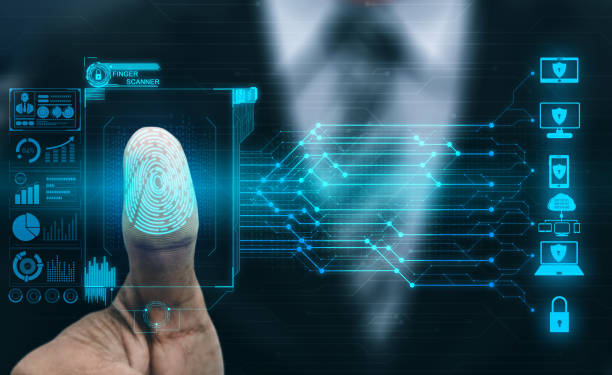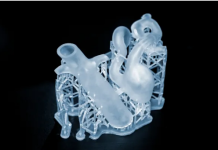Introduction
Biometric authentication is an increasingly popular security measure for protecting digital data. This technology uses an individual’s unique physical characteristics, such as fingerprints or voice, to verify their identity. This authentication method offers a more secure solution than traditional passwords or pins and is becoming the preferred choice for many businesses and organizations. In this article, we’ll explore the benefits of biometric authentication and how it can help to secure your data.
What is Biometric Authentication?
A biometric authentication is a form of authentication that uses an individual’s physical characteristics to verify their identity. The rarest forms of biometric authentication involve fingerprint readers, vocalization identification, countenance acceptance, and iris inspections. These physical characteristics are unique to each person and provide an added layer of security that can’t be easily circumvented.
Advantages of Biometric Authentication
The primary advantage of biometric authentication is its capacity to furnish a more impregnable form than antiquated passcodes or PINs. Passwords and PINs can easily be guessed or stolen, but biometric authentication requires an individual’s physical characteristics, which are unique to them. Additionally, biometric authentication is more convenient than traditional methods as it requires no input from the user.
Another advantage of biometric authentication is its accuracy. Traditional authentication methods, such as passwords and pins, are prone to errors. On the other hand, biometric authentication is highly accurate and can be used to verify an individual’s identity quickly and reliably.
Finally, biometric authentication is cost-effective. While the initial cost of setting up biometric authentication may be high, it can save money in the long run as it eliminates manual authentication processes. Moreover, biometric authentication can diminish the peril of chicanery and pilfering, which can be excessive for establishments and groups.
Disadvantages of Biometric Authentication
Despite its many advantages, biometric authentication does have some drawbacks. One of the primary disadvantages is its reliance on physical characteristics, which can be difficult to obtain. For example, if an individual loses a finger or changes their voice, they or they may no longer be able to use biometric authentication. Additionally, biometric authentication systems can be expensive to set up and maintain.
Finally, biometric authentication systems can be vulnerable to attack. While these systems are secure, they can be bypassed if the attacker accesses the authentication system or the individual’s physical characteristics. As such, it is important to ensure that biometric authentication systems are properly secured.
Benefits of Biometric Authentication for Businesses
Biometric authentication is beneficial not only for individuals but also for businesses and organizations. Utilizing biometric verification methods, corporations can decrease the chance of pilfering and stealing and amplify client gratification. Additionally, biometric authentication can increase security and reduce the cost of manual authentication processes.
Biometric authentication can also help businesses improve customer experience. By providing a more secure and convenient authentication process, businesses can ensure that customers feel secure and have a positive experience. Additionally, biometric authentication can help businesses streamline their authentication processes, leading to improved efficiency and reduced costs.
Finally, biometric authentication can help to improve data security. By implementing biometric authentication, organizations can guarantee that only approved persons can access their information. This can facilitate the diminishment of potential data breaches and maintain the safety of confidential particulars.
Conclusion
Biometric authentication is an increasingly popular security measure for protecting digital data. This technology uses an individual’s unique physical characteristics, such as fingerprints or voice, to verify their identity. This authentication method offers a more secure solution than traditional passwords or pins and is becoming the preferred choice for many businesses and organizations. Additionally, biometric authentication can facilitate corporations to lessen the peril of swindling and pilfering, augment client familiarity, and augment information safety. In its entirety, biometric attestation is a puissant security measure that can assist in securing your data.





